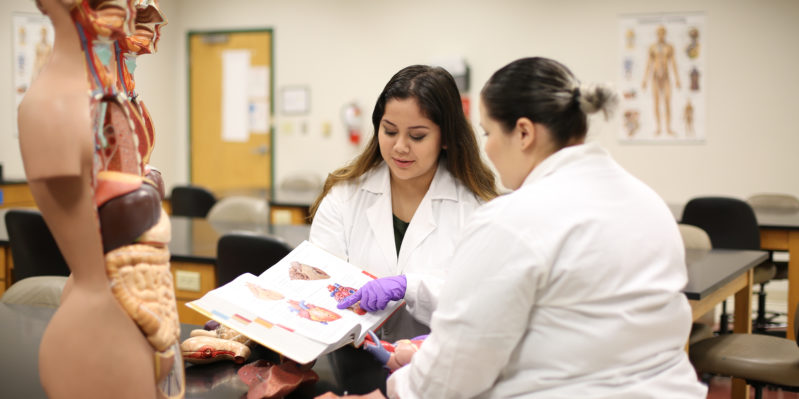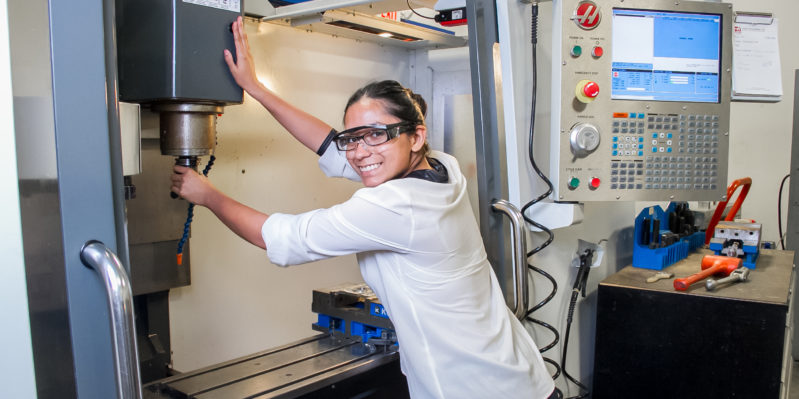
Your gender doesn’t have to determine your career. Probably the best question to ask yourself when you’re deciding on a career is, “What do I really love to do?” But what if the answer to that question just brings up more questions?
What if your career choice challenges a few stereotypes? What if it requires you to swim against the cultural current?

The men in child development and the women on construction sites know how it feels to be one of only a very few in their occupations. It takes a certain amount of courage to choose a career that others feel they have to preface with your gender such as, “male nurse” or “female automotive technician.”
What’s the definition of a nontraditional job for either men or women? The U.S. Department of Labor says if fewer than 25 percent of the workers are one gender or the other, it qualifies.
But that definition can change with current convention.
Once we talked about lady lawyers and lady doctors but today nearly half of law students and medical students are female. A century ago most secretaries and teachers were men. And think of the many women who labored in homes and fields without anyone ever saying their work was “too masculine.”

Funding for this Program Promotion Resource has been provided through the Texas Higher Education Coordinating Board with Perkins Basic Grant funds received from the Carl D. Perkins Career and Technical Education Improvement Act.
Nontraditional Choices for Women
Law Enforcement
12.4 percent female
Firefighting
5.7 percent female
Information Technology
26 percent female
Engineering
14 percent female
https://www.dol.gov/wb/stats/nontratraditional_occupations.htm
Nontradional Choices for Men
Child Development Professional
4.5 percent male
Social Worker
18.1 percent male
Registered Nurse
10 percent male
https://www.dol.gov/wb/stats/nontratraditional_occupations.htm
Find out more about nontraditional careers
Society of Women Engineers, www.swe.org
Men in Child Care, www.meninchildcare.com
American Assembly of Men in Nursing, www.aamn.org
National Association of Women in Construction, www.nawic.org
Why Choose a Nontraditional Career?
Talent and skills
First explore your talents and aptitudes before making a career decision and then find out which careers are most likely to use these. The best choice isn’t always one that fits a traditional definition of “men’s” work or “women’s” work.
Pay and opportunities can vary for many jobs with the same skill set. For example, an aptitude for math could lead to a teaching career (a field dominated by women) or engineering (a field dominated by men). A desire to work in health care might lead to a career in nursing or physical therapy, both careers dominated by women; or lead to a career in surgery, a field still more than 50 percent male.
A little career exploration might lead you to a job that you’d never even considered but one that turns out to be a perfect fit.
Better pay
Especially for women, a nontraditional career often pays better than traditionally female jobs. According to Women Work! The National Network for Women’s Employment women working in nontraditional fields earn 20 to 30 percent more than those in traditionally female occupations.
For example, the female-dominated careers of secretaries and administrative assistants pay a median of $27,450 a year while the male-dominated field of plumbers, pipefitters and steamfitters pays a median wage of over $42,000 a year.



